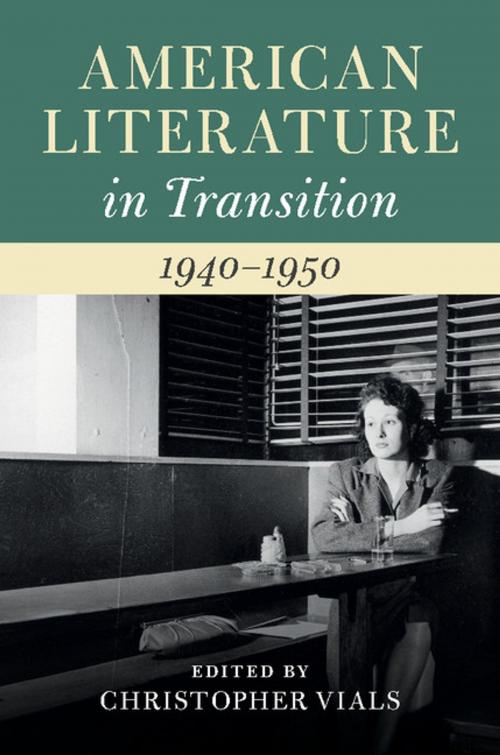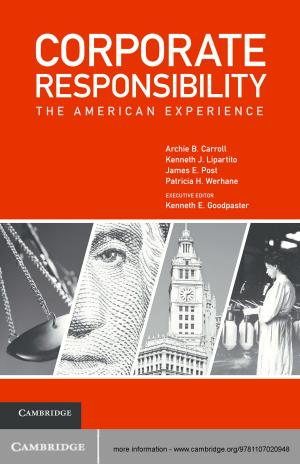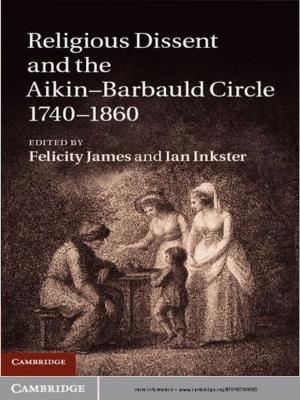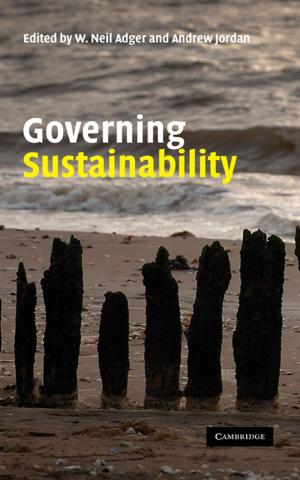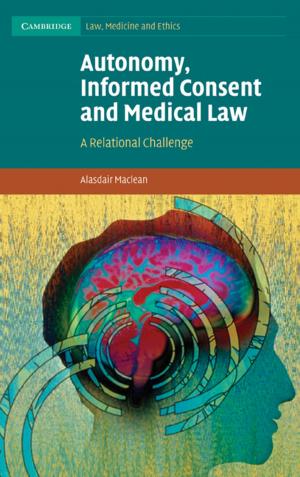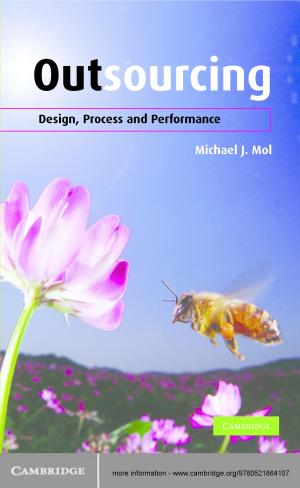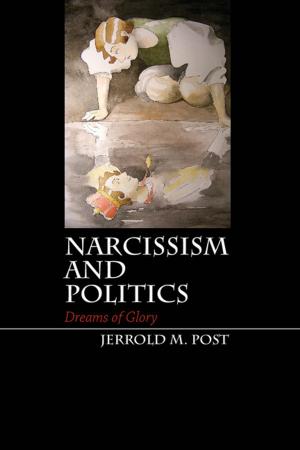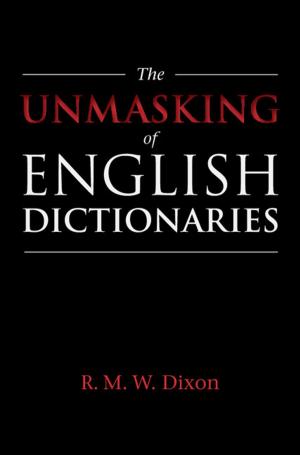American Literature in Transition, 1940–1950
Fiction & Literature, Literary Theory & Criticism, Reference, American| Author: | ISBN: | 9781108547505 | |
| Publisher: | Cambridge University Press | Publication: | December 28, 2017 |
| Imprint: | Cambridge University Press | Language: | English |
| Author: | |
| ISBN: | 9781108547505 |
| Publisher: | Cambridge University Press |
| Publication: | December 28, 2017 |
| Imprint: | Cambridge University Press |
| Language: | English |
In the aftermath of World War II, the United States emerged as the dominant imperial power, and in US popular memory, the Second World War is remembered more vividly than the American Revolution. American Literature in Transition, 1940–1950 provides crucial contexts for interpreting the literature of this period. Essays from scholars in literature, history, art history, ethnic studies, and American studies show how writers intervened in the global struggles of the decade: the Second World War, the Cold War, and emerging movements over racial justice, gender and sexuality, labor, and de-colonization. One recurrent motif is the centrality of the political impulse in art and culture. Artists and writers participated widely in left and liberal social movements that fundamentally transformed the terms of social life in the twentieth century, not by advocating specific legislation, but by changing underlying cultural values. This book addresses all the political impulses fueling art and literature at the time, as well as the development of new forms and media, from modernism and noir to radio and the paperback.
In the aftermath of World War II, the United States emerged as the dominant imperial power, and in US popular memory, the Second World War is remembered more vividly than the American Revolution. American Literature in Transition, 1940–1950 provides crucial contexts for interpreting the literature of this period. Essays from scholars in literature, history, art history, ethnic studies, and American studies show how writers intervened in the global struggles of the decade: the Second World War, the Cold War, and emerging movements over racial justice, gender and sexuality, labor, and de-colonization. One recurrent motif is the centrality of the political impulse in art and culture. Artists and writers participated widely in left and liberal social movements that fundamentally transformed the terms of social life in the twentieth century, not by advocating specific legislation, but by changing underlying cultural values. This book addresses all the political impulses fueling art and literature at the time, as well as the development of new forms and media, from modernism and noir to radio and the paperback.
